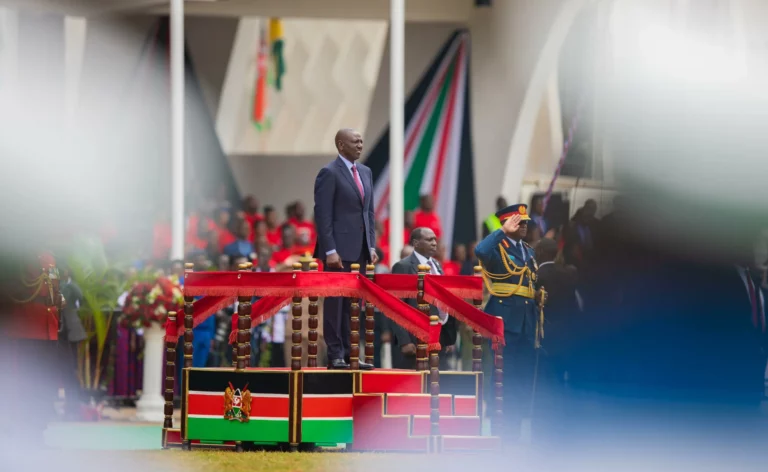For so long, Kenya’s foreign policy largely assumed a dovish posture, one devoid of confrontations and partisanship least overtly.
It was a policy posture that saw Kenya regarded favourably by its regional neighbours as an impartial broker. Our largely non-interference-in-the-domestic-affairs-of-our-neighbours approach boosted confidence and won us admiration and respect.
It is no wonder that the country played an undeniably critical role in mediating some regional conflicts, such as the Sudan peace process. There are certain exceptions, some readily understandable, such as the acrimonious fallout that culminated in the break-up of the original EAC in 1977 and the territorial dispute with Uganda during Idi Amin’s rule.
Recently, that appears to have changed. The William Ruto-led Kenya Kwanza administration appears to have upended the hitherto-favoured policy approach. Since assuming office, President Ruto’s foreign policy conduct appears to have assumed a more partisan and confrontational posture.
Examples abound to bear out this assertion. Shortly after being sworn in, the president sent out a controversial tweet indicating Kenya’s breaking ties with the Sahrawi Arab Democratic Republic (SADR). The tweet followed his meeting with Morocco’s Foreign Affairs Minister. The tweet was later deleted, a move attributable to the uproar that it generated. Closer home, Kenya’s break with age-old foreign policy tradition has been witnessed in the DRC, Uganda, and Sudan.
Under President Uhuru Kenyatta, Kenya played a key role in the DRC’s admission to the EAC. The Treaty of Accession was signed in Nairobi in April 2022.
Recently, relations between the two countries have been tumultuous. Kenya was part of the troop-contributing countries to the East African Community Regional Force (EACRF) that was recently expelled from the DRC. The latest is a spat between the two countries over Kenya’s position on the conduct of Kenya-based DRC rebels.
The launch of the Congo River Alliance in Nairobi in December 2023 drew the ire of Kinshasa, prompting it to recall its ambassador. The DRC views the Congo River Alliance as posing a threat to its stability. Kenya’s conduct could be interpreted to have given the group tacit approval.
In a press engagement, President Ruto defended Kenya’s move not to act on the group, arguing that Kenya is a democracy and cannot condemn freedom of speech. Incidentally, both the opposition and former President Uhuru Kenyatta condemned the move to launch the Alliance in Nairobi.
Following the outbreak of violence in Sudan between the military and the Rapid Support Forces (RSF), Kenya showed her partisanship early on. Not long after the breakout of the conflict, President Ruto hosted Mr, Yousif Izzat, a special envoy of the RSF leader, Mohamed Hamdan Dagalo. It was a move that caused unease within Sudan’s military faction, culminating in their opposition to Ruto’s appointment by IGAD as the lead mediator to end the crisis. Most recently, Sudan protested Kenya’s hosting of the RSF leader by recalling its ambassador.
Uganda hasn’t been spared of Kenya’s aggressive policy conduct either. Kenya’s decision to sign the government-to-government oil deal triggered a diplomatic crisis with Uganda, with the latter protesting the move to force it to buy its oil from middlemen in Kenya, thus subjecting them to additional costs.
The festering crisis culminated in a recent move by Uganda to sue Kenya at the East African Court of Justice for denying the Uganda National Oil Corporation (UNOC) a licence to operate locally and handle its oil imports.
The old and new approaches are certainly worlds apart. It is not, however, clear, at least for a fringe observer, how the change in foreign policy conduct stands to benefit the country. Signals of negative consequences are, however, receptive.
The degradation of Kenya’s regional influence and respect from neighbours can be felt. It is not too late to reverse course and retrace our steps.




